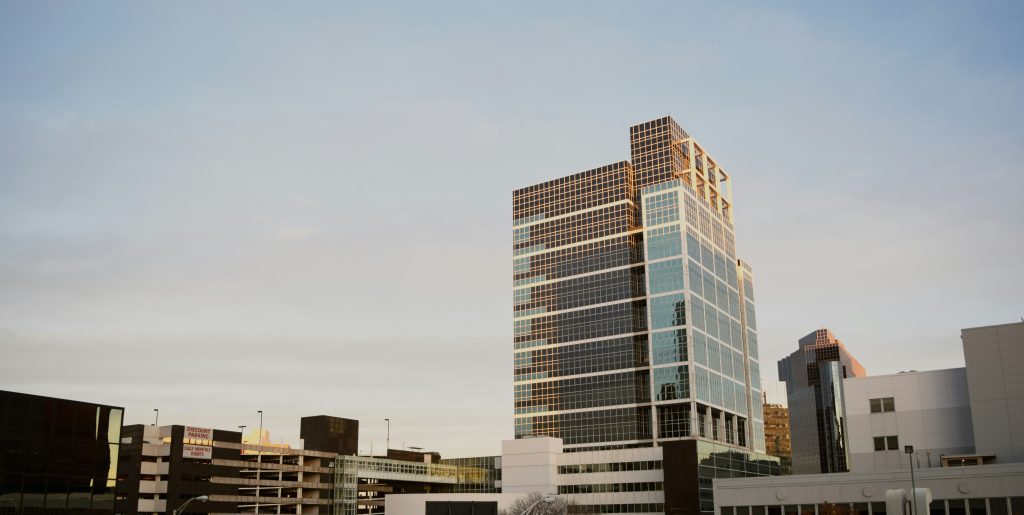A refugee or a displaced person is someone who has been forced to flee their home or country for political, religious, economic, or safety reasons. There are currently 35 million refugees of which over 231,000 have been granted asylum in the UK (UNHCR, 2022).
Finding employment has been cited as a crucial component to ensure refugee integration and wellbeing (Lai, Due & Ziersch, 2022). Despite this, research shows that refugees work fewer hours, are less likely to be in employment, and earn less than UK-born employees (Kone, Ruiz, & Vargas-Silva, 2019). On the other side of the coin, employers may be unaware of the rules and regulations regarding the employment of refugees. One piece of research found that 32% of employers didn’t know if refugees have the right to work in the UK and 12% thought that refugees would not have the right skills or experience for the jobs they are hiring for (Harris, 2019). This indicates that employers may be cautious when considering a refugee for a role and may dismiss them even before they have had a chance to demonstrate their qualifications and skills. Despite this, many refugees are skilled and well-educated. For example, it is estimated that 38% of Syrian refugees hold university degrees and 32% have run their own businesses or worked in a family business (Betts et al, 2017). Meanwhile, organisations state there is a war for talent and are struggling to fill vacancies (ManpowerGroup, 2024) whilst refugees are struggling to find employment.
The purpose of this research therefore was to:
> Investigate the experiences of refugees in trying to obtain work and of being in work in the UK.
> Identify what organisations can do to create fair processes to enable refugees to find suitable work.
> Provide recommendations to organisations on how to create a culture which is inclusive for refugees.
To read the full report enter your details below:







